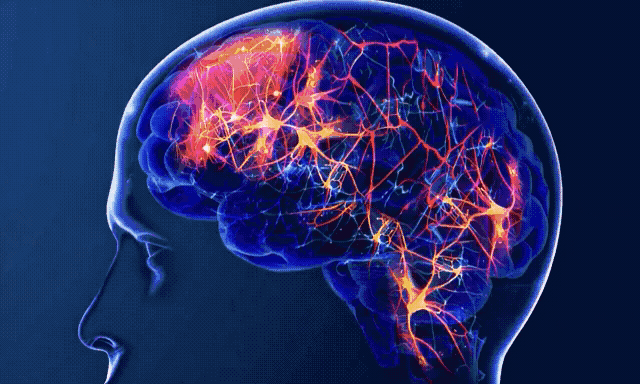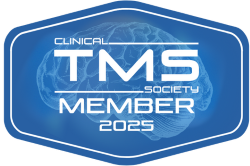World Mental Health Day: Why Primary Care Is the Real Frontline of Mental Health
September 29, 2025
How family doctors became accidental psychiatrists—and why that's where the revolution needs to happen
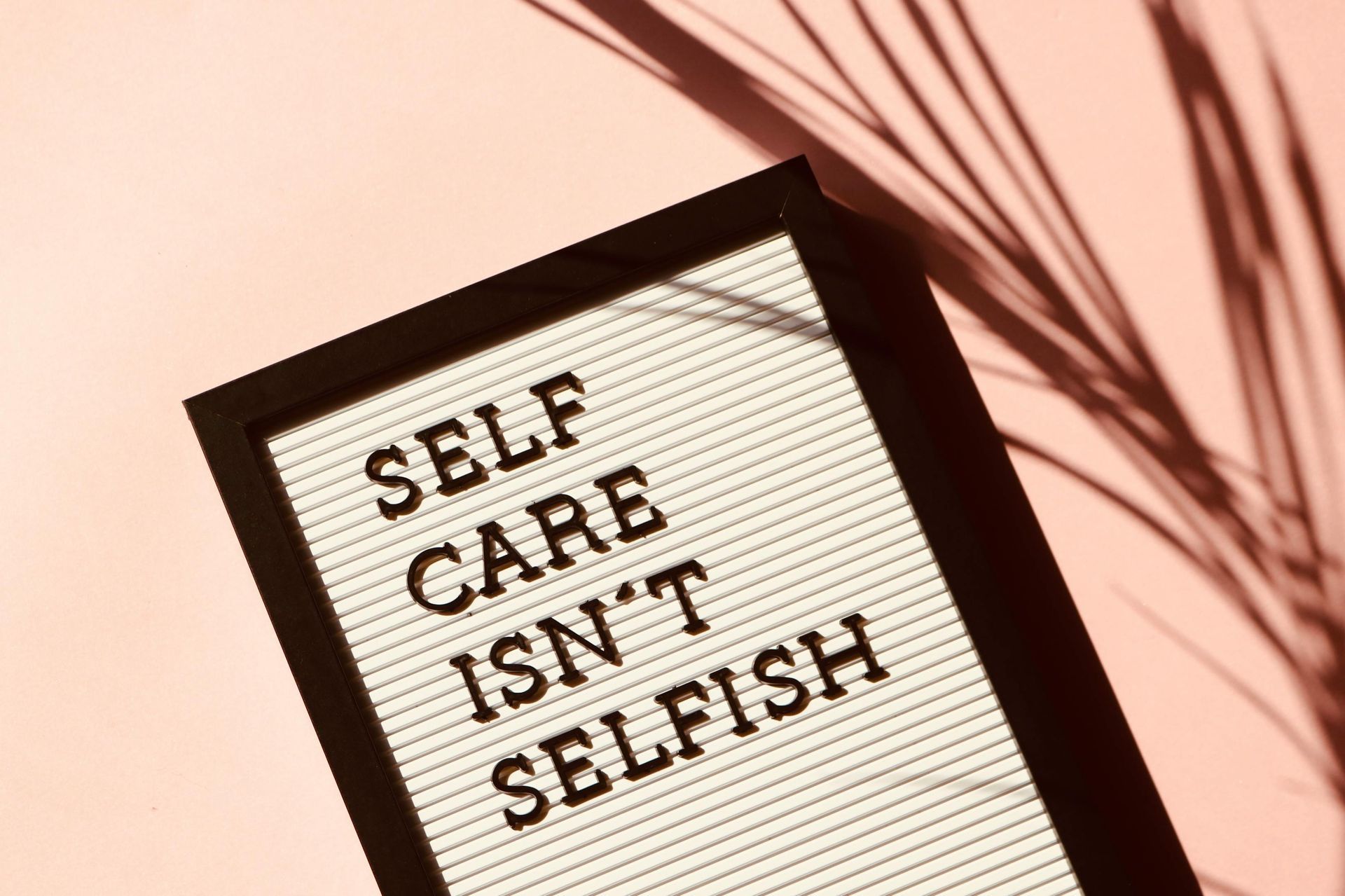
In this article:
- Why 80% of psychiatric medications come from primary care doctors, not psychiatrists
- Real stories from the exam room where mental health reveals itself
- How the current system forces impossible choices on family doctors
- The vision for brain-first primary care with integrated TMS
- Why your family doctor should be your mental health doctor
_______________________
Maria sits in my exam room for her annual physical. Blood pressure good, labs normal, mammogram scheduled. We're wrapping up when she mentions it.
"Oh, and I've been having trouble sleeping." Twenty-three minutes into a twenty-minute appointment, the real visit begins. "Trouble how," I ask, even though I'm already behind schedule.
"I wake up at 3 AM and can't stop my mind from racing. Started about six months ago when my mom got sick. I know I should probably see someone but..."
She trails off. We both know what comes next. Six-month wait for a psychiatrist. If her insurance even covers it. If she can find one taking new patients.
So she sits here. With me. Her family doctor. Hoping I have something better than "try some melatonin and call if it gets worse."
This is World Mental Health Day. And we need to talk about where mental health actually gets treated in America.
Not in psychiatrists' offices. In primary care. 80% of psychiatric medications in this country are prescribed by family doctors, internists, pediatricians.
Not psychiatrists.
We've become the accidental mental health workforce. And most of us are drowning.
I went to medical school to deliver babies and treat strep throat. Nobody prepared me to be someone's lifeline when they're having their third panic attack this week.
But that's what primary care has become. The place where people finally say the words they've been holding inside.
"I think I might be depressed."
"I can't stop worrying about everything."
"I don't feel like myself anymore."
These conversations happen in the last five minutes of routine appointments. While I'm washing my hands and thinking about the next patient.
Because people trust their family doctor. We've seen them through pregnancies and surgeries and their kids' broken arms. When their mental health starts falling apart, they come to us first.
This is the daily reality for every primary care doctor in America. We see mental health struggles that would make psychiatrists pause. But we're supposed to handle them with a prescription pad and a handshake.
It's not working.
I can't tell you how many patients I've watched cycle through medication after medication. Zoloft to Lexapro to Wellbutrin to Cymbalta. Side effects, dose adjustments, failed trials.
All while their lives unravel. Marriages strain. Work performance drops. Kids watch their parent disappear behind a fog of depression or anxiety.
Because the only tools I had were pills and referrals.
Then I discovered TMS.
Suddenly I wasn't just managing symptoms. I was actually healing brains.
Jennifer, panic attacks so severe she couldn't drive. Eight months of medications that helped maybe 30%. Always worried about side effects, interactions, what would happen if she got pregnant.
After TMS in my office, panic attacks stopped. Not reduced. Stopped.
"I forgot what it felt like to be in my own body without fear," she told me.
That's when I realized something. Mental health doesn't belong in some separate system. It belongs exactly where patients go first. Primary care.
We already know their medical history. Their family dynamics. Their stress patterns. We've earned their trust over years of routine care. When someone's having a mental health crisis, they don't call a psychiatrist. They call us.
So why are we still pretending mental health is someone else's job.
Think about it this way. If someone has chest pain, we don't just prescribe aspirin and refer to cardiology. We do an EKG. We check cardiac enzymes. We have diagnostic tools right in the office.
But with mental health, we're working blind. Guessing at medications based on symptom checklists. Hoping therapy helps. Crossing our fingers and following up in three months.
What if we had real tools. Brain-based tools. Right in primary care. What if treating depression was as straightforward as treating high blood pressure.
That's the vision I'm working toward. Primary care offices equipped with TMS. Where mental health treatment happens alongside everything else.
No more six-month waits. No more trial-and-error prescribing. No more patients feeling abandoned in the gap between primary care and psychiatry.
The mental health crisis isn't happening in psychiatrists' offices. It's happening in exam rooms like mine. Every day. Multiple times a day.
Moms who can't stop crying. Dads who've lost interest in everything. Teenagers who won't get out of bed. Seniors isolated by grief.
They're not asking for specialized psychiatric care. They're asking their trusted family doctor to help them feel human again.
On World Mental Health Day, let's stop pretending mental health is separate from physical health.
Your brain is an organ. Like your heart or liver. When it's not working properly, you need medical intervention.
That intervention should happen where you already receive medical care. With providers who already know you. In offices that don't feel like mental institutions.
Mental health belongs in primary care. Not as an afterthought, but as the foundation. Because when we heal brains, we heal everything else.
Ready to experience mental health care that happens where you already feel safe and trusted?
Come chat with us!
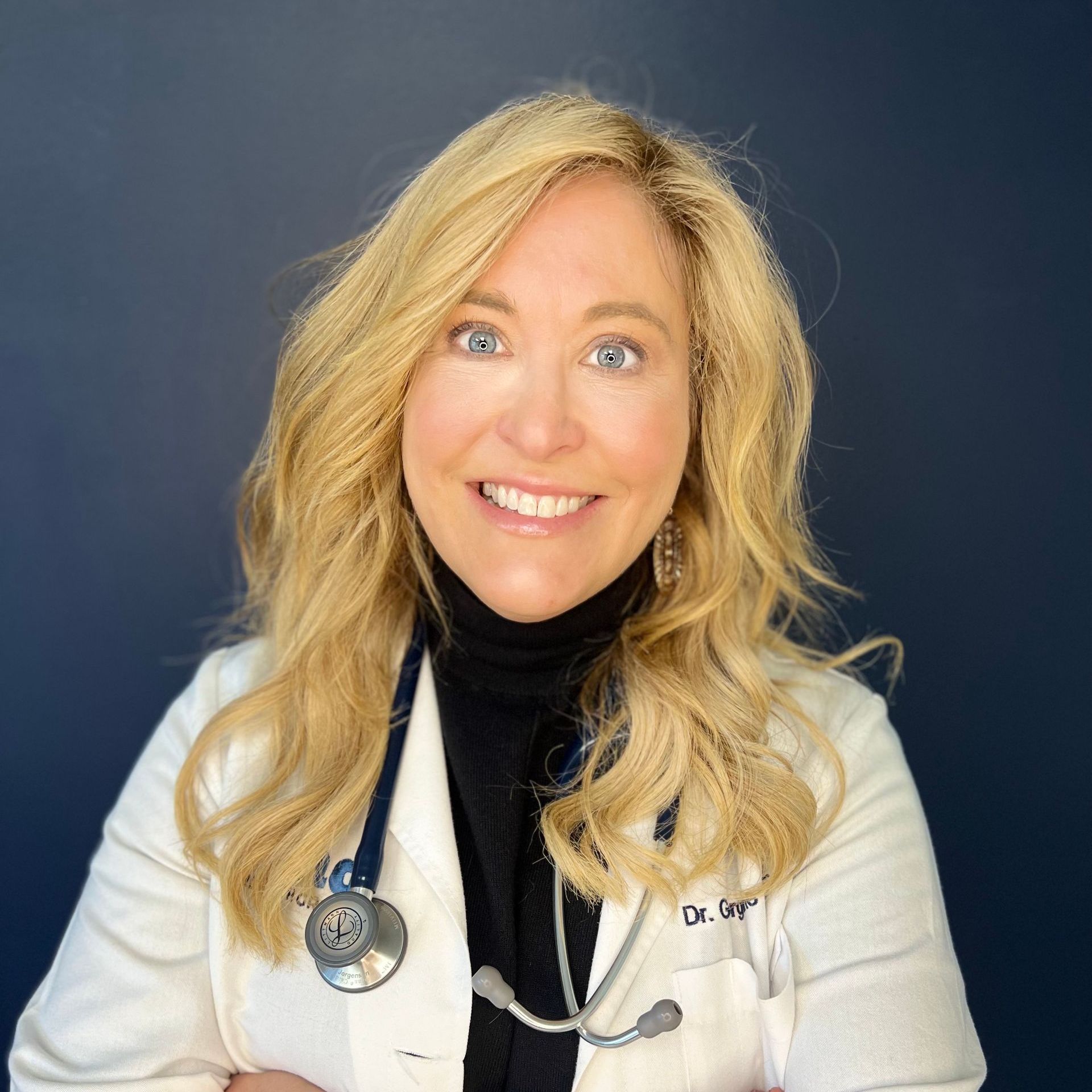
Meet the Author
Dr. Georgine Nanos, MD, MPH
Founder of Kind Health Group
